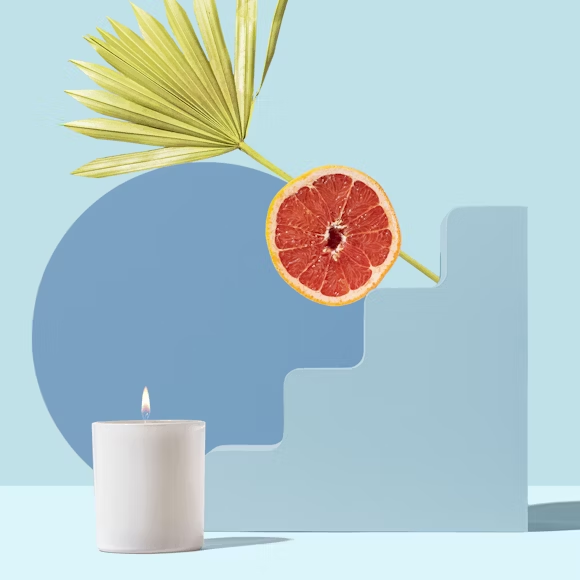Blockchain’s Role in Modern Industries
Introduction Blockchain, a decentralized digital ledger, is revolutionizing industries by ensuring transparency, security, and efficiency. Beyond cryptocurrencies, it transforms finance, healthcare, supply chains, and more. This article explores blockchain’s evolution, its applications, benefits, challenges, and future potential. By understanding blockchain’s impact, users can appreciate its role in shaping modern industries and fostering trust. Keywords: blockchain … Read more









